Africans do not come to Europe because of demographic pressure: they come because of lack of employment
- How many people of African origin can Europe have by 2050? Why are so many African men and women thrown into Europe? The possible European Africanization is not only the fear of the political right to migration, it is also a source of academic debates: In addition to population warming in Africa, development models, wealth distribution, youth unemployment are at stake... I mean, Africans are like everyone else.

The journalist and professor Stephen Smith published a year ago ARGIA the bustle it brought to the book The Great Race to Europe: How we Europeans will become aphrodite in the chronicle of the coming decades. Since then, there have been several reactions, as in the media, in the academic world and some of them we have summarised here.
Smith says in his book that, by studying the demographic dynamics of the two continents, the migration of Africans to Europe is going to be increasing and the Africanization of the European population cannot be avoided. 
Basically, it has announced that Africa will do what everyone – Europe, Latin America, Asia – has done before: complete its demographic transition. Since 1930, in the midst of a population explosion, the African population will double by 2050.
Looking at the other models that have known after the demographic explosion calm and aging, Smith estimates that Africa could begin to resist the flight of its citizens by 2050, but meanwhile, by 2050, 20-25% of Europeans will become of African origin (in 2015 it was 1.5%-2%).
The French demographer François Heran has been one of the first to deny Smith’s downward forecasts. The French National Institute for Demographic Research has responded that by 2050 Africans of origin will not be more than 25% of the population in Europe than 3% or 4%. Heran has not hesitated to question the great future migration of Africans, but he is convinced that it will not happen before 2050. Here's why.
The geographer Wilbur Zelinsky demonstrated in 1971 that migrants are not the poorest people in a country, that very poor society begins to send migrants as it advances in the development model: by decreasing mortality rates, especially that of children, population is rejuvenated and migration increases. These countries, by reaching a level of wealth, reduce leakage and begin to host immigrants from other places.
“As for development,” Herane wrote, “if countries divide from 1 to 10, sub-Saharans are in 1, in Mexico 6, in France 9 and in the USA 10. Migrations from 6 to 10 remain massive (25 million a year) but those from 1 to 9 or 10 are much smaller (2.3 million). Who can think that sub-Saharan African countries will be able to burn all the level rises until 2050 until they capture Mexico?”

Since Le Monde Diplomatique historian and journalist Benoît Bréville, for his part, wished to draw attention to the contradictory consequences of development on the subject of migration. In many cases, economic development is sought with the liberalization of the economy, but this only aggravates the supposed migration that should be mitigated.
The most striking example is Mexico itself. The President of the Court, Carlos Salinas de Gortari, said in signing the liberalization treaty with the United States in 1992: “From now on Mexicans will not have to migrate to the north, because here they will find work.” As some critical economists had already announced on that occasion, it was just the opposite.
In 2014, the European Union signed a similar treaty with 30 African countries, which could lead to an increase in the flood of immigrants, instead of reducing them. In short, migration is not due to development, but to the unequal distribution of the benefits of development and the lack of employment, especially of the younger.
Escaping unemployment
The lack of employment, that is what the study just published by the Mo Ibrahim Foundation has highlighted: “African youth: Migrating for lack of employment?” Mo Ibramin is one of the richest entrepreneurs on the African continent, the owner of Celtel, a leading company in continental telephony. The foundation, which bears its name, has brought together in Abidjan, Côte d’Ivoire, leaders and academics from the continent to show how the issue of migration looks from Africa. It's to read.
In 2017, 36.3 million Africans migrated, 14.1% of all those who moved around the world, much less than Asians (41%) and Europeans (24%). But most of them go to other countries in Africa, in particular 70 per cent of sub-Saharan migrants move to other parts of the continent.
These migrants are mostly young people, owners of some learning, both men and women. In the country of destination, they spend 85 percent of what they earn. Africa’s Gross Domestic Product (GDP) is made up of 3.5% of what it sends to its families of origin: more than the international community contributes to development aid.
Nine of the ten countries with the highest global rate of proliferation are African countries, particularly in sub-Saharan countries the rate of proliferation is twice the world average. On the contrary, Africa has lagged far behind in economic development in terms of population growth. Right now, the GDP of the entire continent is lower than that of Britain, although it has twenty times more inhabitants.
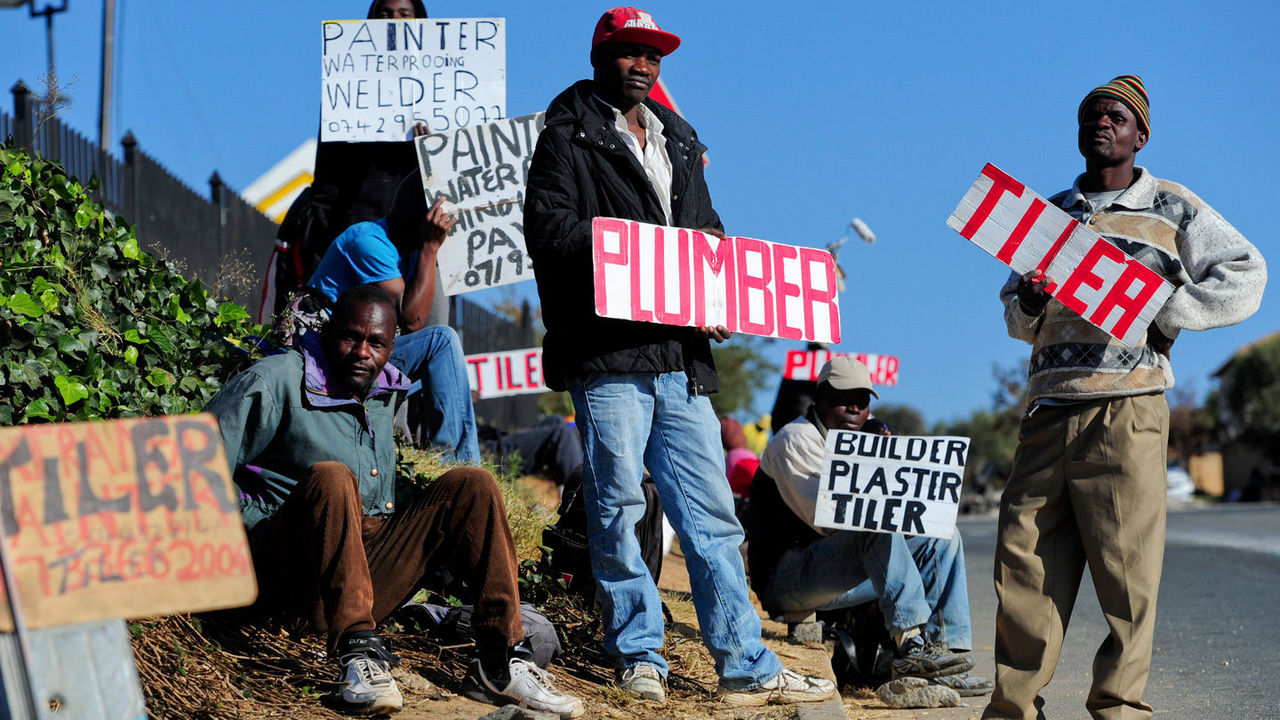
60% of Africans today are less than 25 years old. Between 2100 and 2100 the number of young people will almost double, while in Europe and Asia it will decrease and half of the young people the world will then have will be Africans.
Today, 16 million young Africans are unemployed, more in proportion in large cities. And the sociological studies presented in the Mo Ibrahim forum show that young people are mainly concerned about the works. Africa’s economic growth over the past decade has scarcely created jobs. In the lower part of the Sahara three million jobs are created a year, although they would be needed to meet the needs of young people seeking employment... 18 million!
Agriculture accounts for 60% of jobs, a third of Africa’s GDP, but young people do not want to engage in agriculture because it is an out-of-date and hard activity, which makes no money. As has been seen in many other parts of the world – Spaniards who are so concerned about immigrants should know their close history – young people live with a desire to go anywhere in search of work. This is significant: if all young people who want to migrate in surveys outside their country were to comply with their intention, Sierra Leone would lose 78 per cent of young people, Liberia 70 per cent and Nigeria 57 per cent.
It is believed that the umpteenth between the average age of the African population and that of its rulers is 45 years. There are elderly people around the world ruling, but the truth is that in Africa, young people are asking for room.
The poor management of the Valencian cold drop has led to a change in adverse meteorological alerts, as shown in the first season of "winter". Faced with the threat of rivers overflowing in Hego Euskal Herria, the indications for protection came along several paths, since no... [+]
Gasteizko Errotako (Koroatze) auzoan izan diren manifestazio "anonimoek" kolokan jarri dute auzokoen arteko elkarbizitza. Azalera atera dituzte ere hauetan parte hartu duten partidu politiko batzuen eta beste kide batzuen izaera faxista eta arrazista.
I started to mentally write my article while I was in the car. I usually have the best ideas in the car while driving alone. I'm going to Bilbao, to the Arriaga theater. The Artedrama company is today staging the Miñan play. It's Friday, October 25.
Approaching the atrium of the... [+]









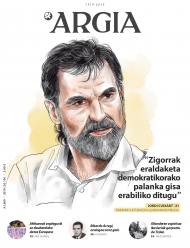

-(1).jpg)
.jpg)


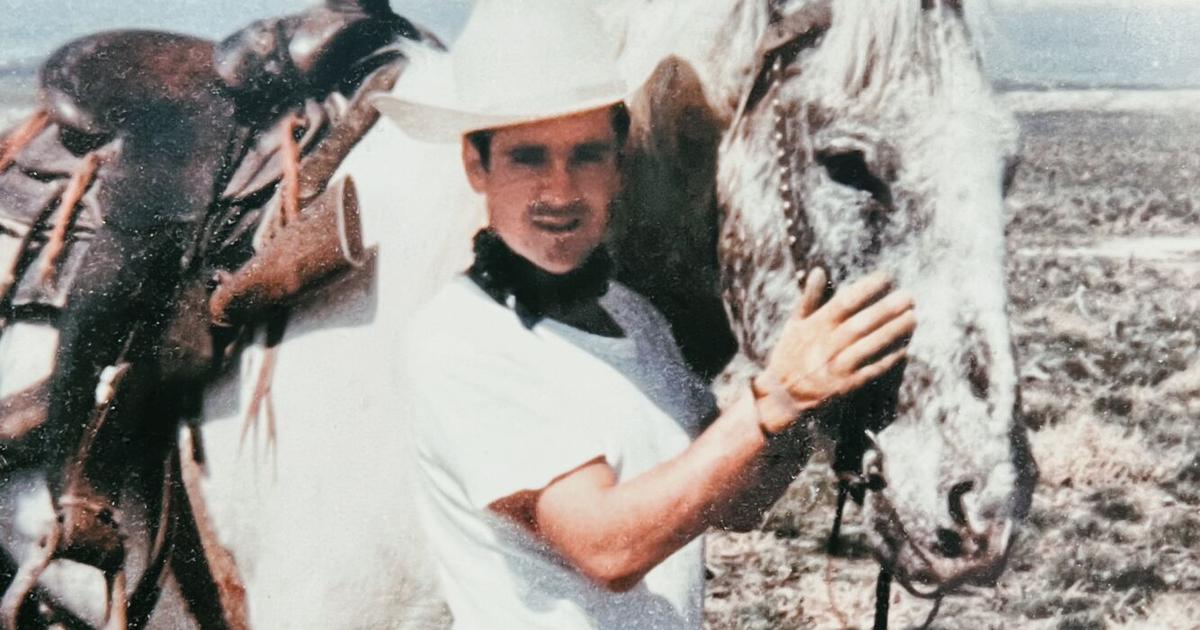
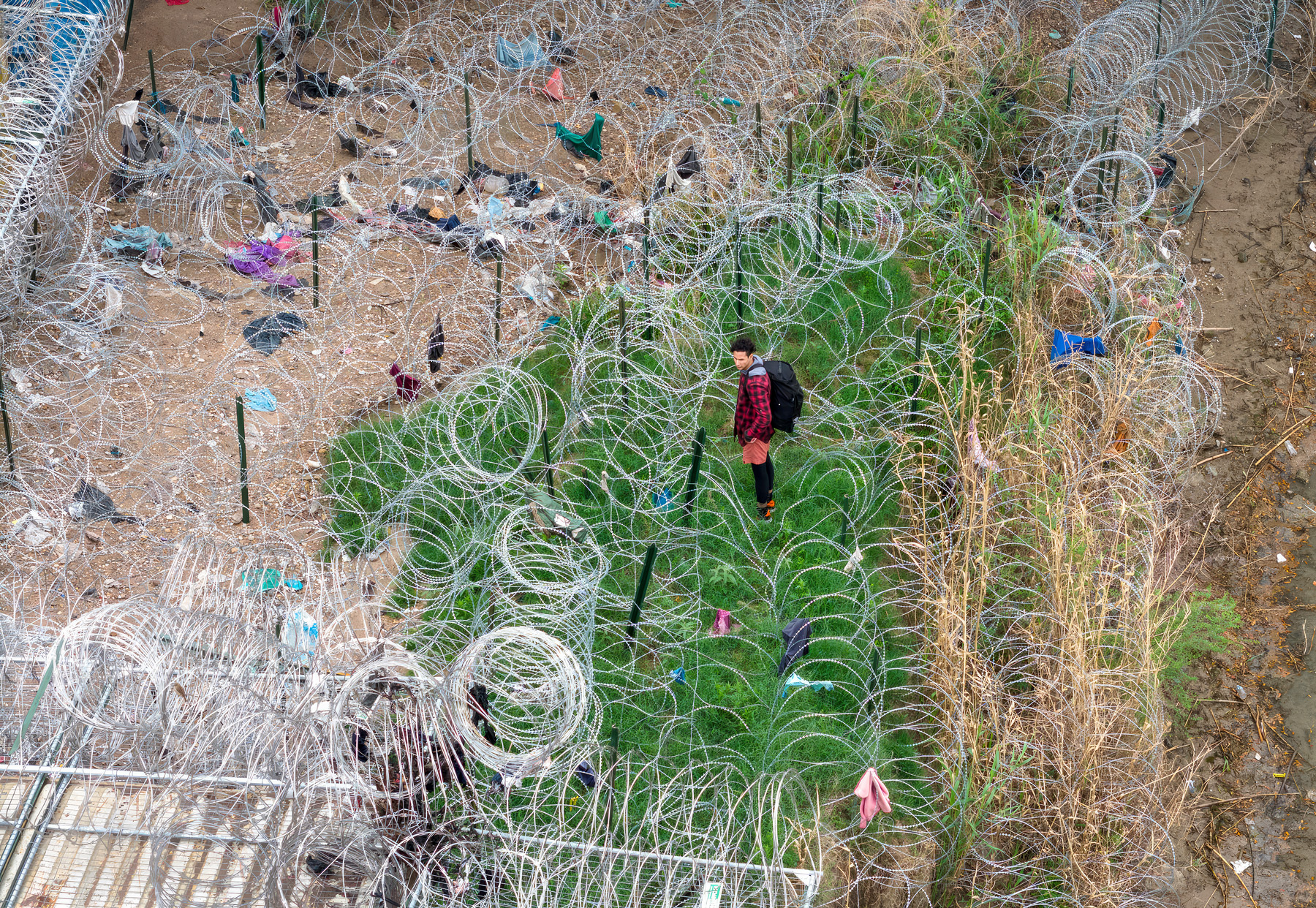

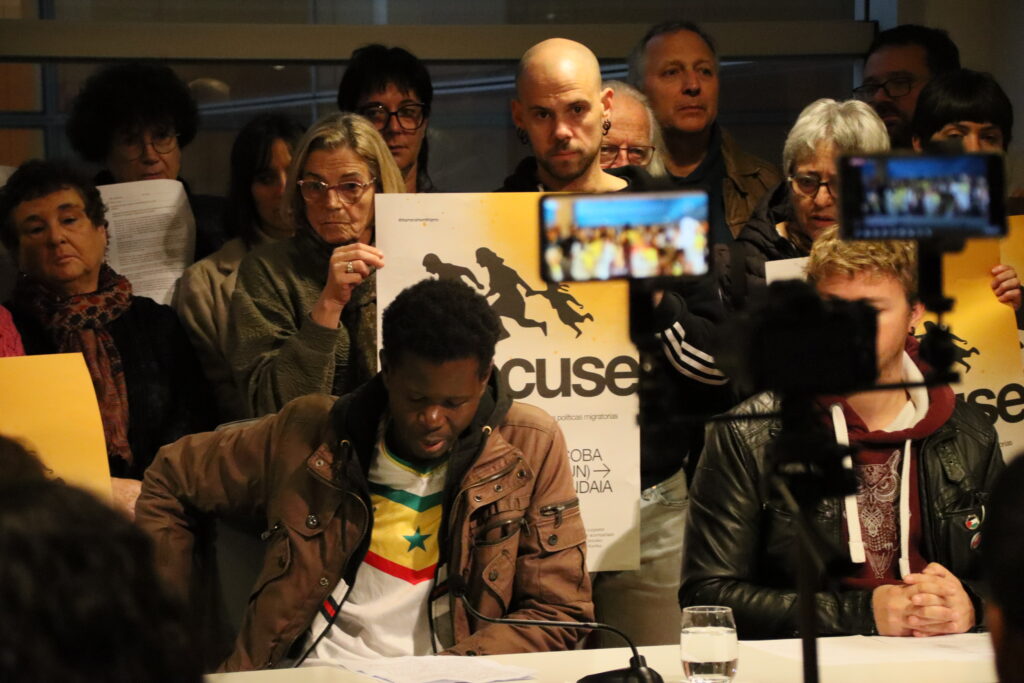
.jpg)



